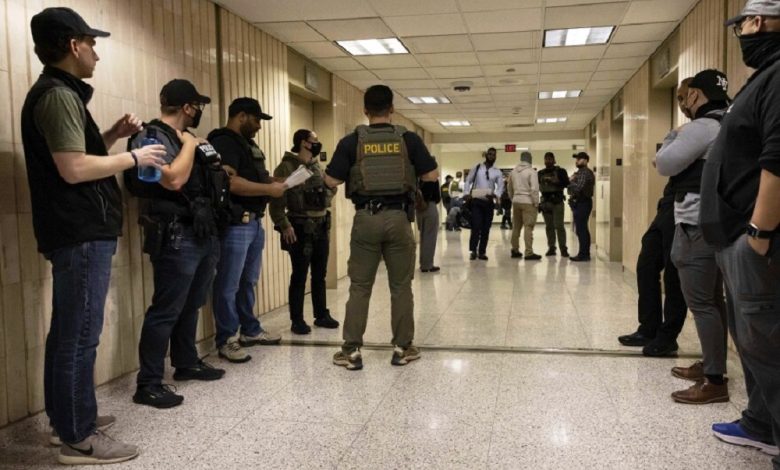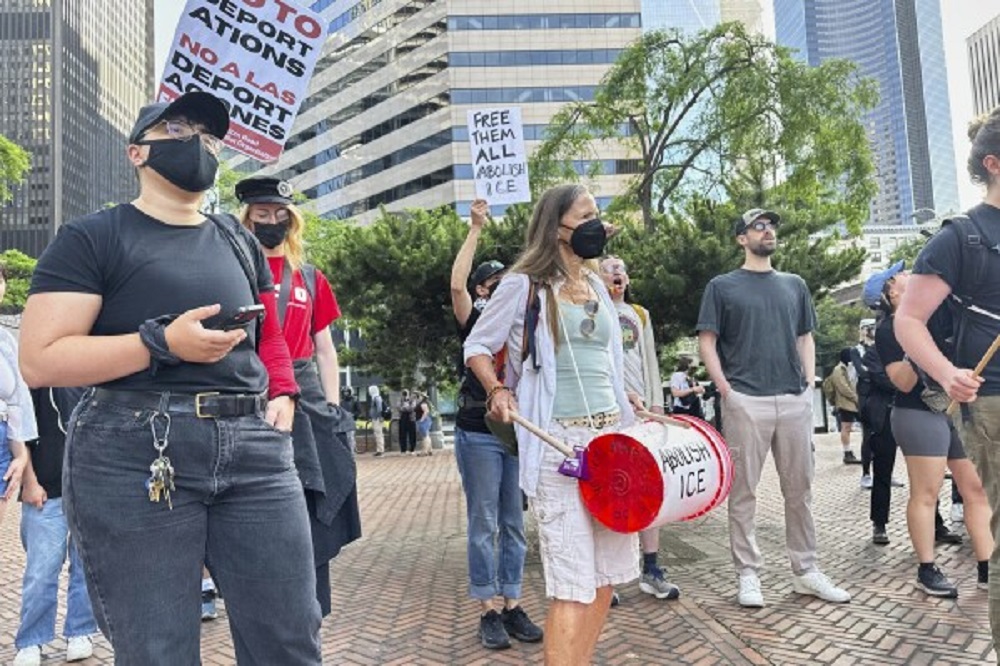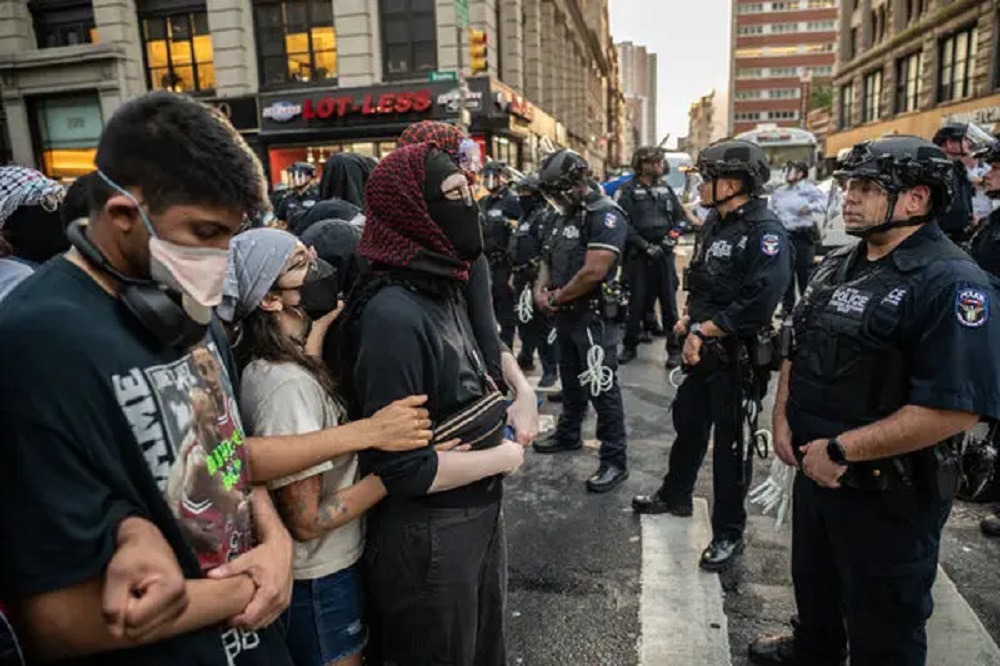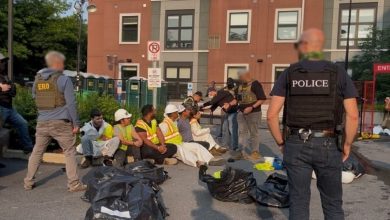New York Immigration Courts Turn into Arrest Zones: The Case of Carlos López Benítez
A rising wave of courthouse arrests in New York targets undocumented immigrants—even those without criminal records—raising legal and humanitarian concerns.

In recent years, immigration courts across the United States, especially in New York City, have undergone a dramatic transformation. Once seen as legal sanctuaries, courtrooms are now becoming unexpected sites for immigration enforcement, where undocumented immigrants—many with no criminal record—are being arrested. This shift has sparked fear, disrupted legal processes, and triggered public outcry over what many see as a breakdown of trust in the justice system.
A powerful example of this trend is the story of Carlos Javier López Benítez, a Paraguayan immigrant with no criminal history, who was arrested immediately after a routine hearing in July 2024—despite complying with legal proceedings.
A “New Normal” in Immigration Courts
Since May 2023, federal immigration authorities have increasingly made arrests inside or just outside immigration courtrooms, particularly in Federal Plaza, NYC. Previously, immigration officers largely avoided making arrests in court to avoid discouraging immigrants from attending mandatory hearings. However, that unofficial practice has changed.
Masked agents are now regularly seen stationed outside court buildings, contributing to a climate of fear and uncertainty for undocumented individuals who are legally required to appear before a judge. Family members, lawyers, and even journalists have witnessed arrests that occur just steps from courtroom doors, often shocking entire families who had expected a fair legal hearing.

The Story of Carlos López Benítez
Mr. López Benítez entered the U.S. via the southern border in May 2023 and was briefly detained in Arizona before being released into the country pending a court hearing. He reunited with his two U.S.-citizen sisters in Queens, New York, took up work in construction, and lived peacefully—without any criminal offenses.
Like many immigrants, he regularly attended his immigration court appointments, seeking asylum to avoid returning to a country where he feared persecution. On July 16, he appeared in court for a scheduled hearing that seemed to go well. The judge even set his next court date for 2029, due to the backlog in immigration cases—a common delay in today’s overwhelmed legal system.
However, moments after leaving the courtroom, federal agents surrounded and arrested him. He was held for three days in a cramped ICE cell at Federal Plaza before being transferred nearly 1,600 miles away to a detention center in Houston, Texas.
Legal Confusion and Constitutional Concerns
López Benítez’s legal team immediately filed a motion for his release, arguing that his detention was unjustified and that he posed no flight risk or threat to society. They emphasized that his case was actively progressing through legal channels and that his due process rights had been violated.
Federal attorneys argued otherwise, claiming that because he had crossed the border illegally, he was subject to mandatory detention without bail—unless “extraordinary circumstances” could be proven. His lawyers contended that this interpretation ignored the very intent of the legal process he was faithfully following.
A Breakthrough and Emotional Reunion
After nearly two weeks in detention, a federal judge, Dale E. Ho, ordered López Benítez’s immediate release and return to New York. ICE notified his family that he would be brought back to Federal Plaza, but gave no clear details.
His sisters waited anxiously outside the locked building, carrying a hand-drawn Spider-Man poster, his favorite superhero, and a welcome message: “We missed you.”
When López Benítez finally appeared—escorted by two officers, in a white T-shirt and sweatpants—tears flowed freely. His sisters rushed to embrace him. One ICE officer quietly stepped aside, visibly moved, and said in Spanish, “This is the good part of the job.” He wished them well before disappearing into the night.

The Bigger Picture
López Benítez’s ordeal reflects the human toll of increasingly aggressive immigration enforcement in spaces once considered safe for legal redress. As arrests inside courtrooms continue to rise, many undocumented immigrants now fear that complying with the legal process could lead to detention or deportation.
With millions of backlogged cases and a polarized national debate on immigration, the U.S. legal system faces deep ethical and procedural challenges. For families like the López Benítez sisters, the courtroom is no longer a space for justice—it is a space of unpredictable danger.



